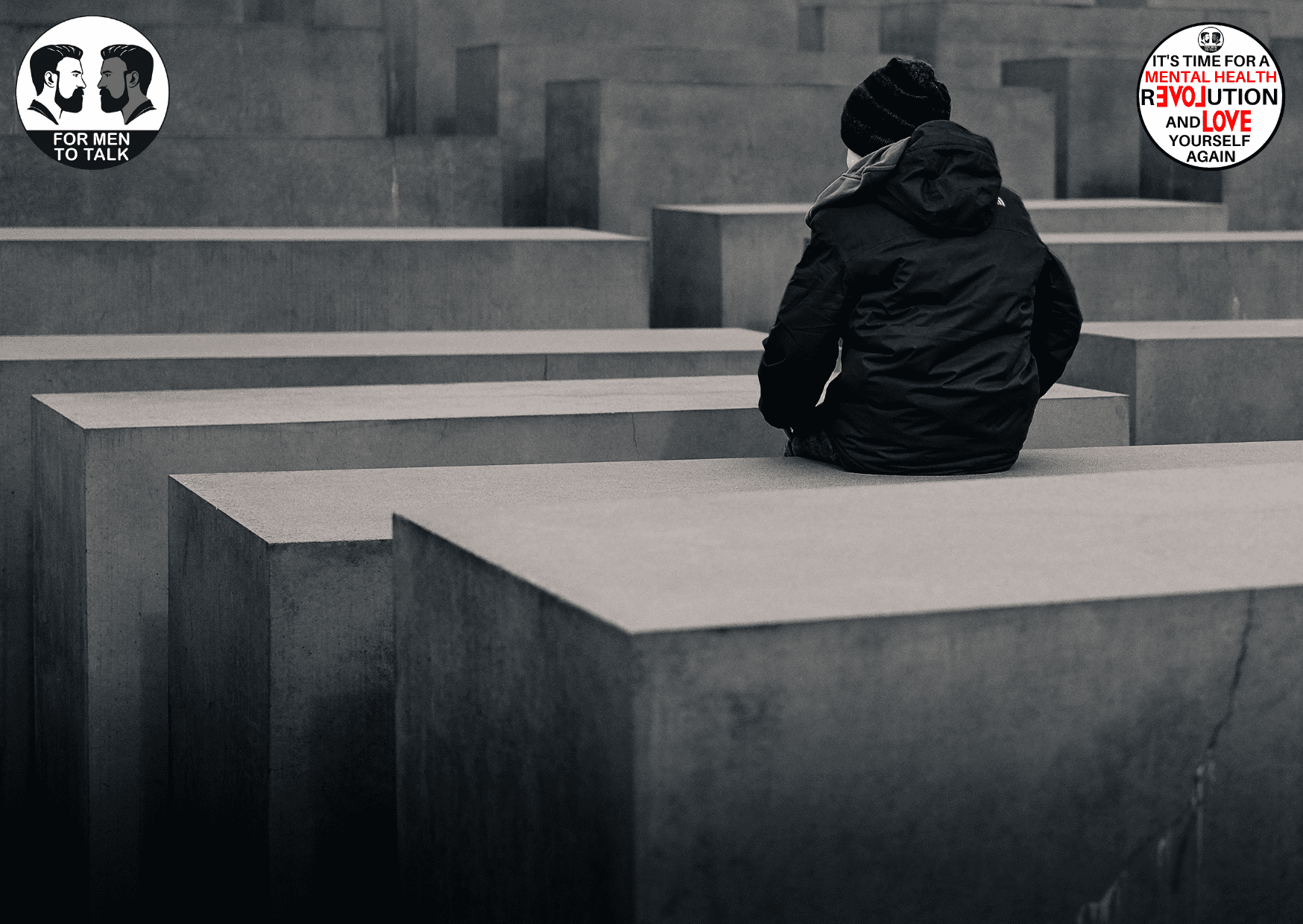The impact of Holocaust Memorial Day on men’s mental health

Holocaust Memorial Day is an annual observance that commemorates the millions of lives lost during the Holocaust. While it serves as a vital reminder of the atrocities of the past, it also has a profound impact on the mental health of individuals, including men.
Understanding Holocaust Memorial Day
Holocaust Memorial Day, observed on January 27th, is a solemn occasion that honours the victims and survivors of the Holocaust, a genocide perpetrated by the Nazis during World War II. It serves as a reminder of the horrific acts of violence, persecution and systematic discrimination carried out during that time. The commemoration aims to ensure that such atrocities are never forgotten, emphasising the importance of tolerance, understanding and compassion in contemporary society.
The Emotional Impact Holocaust Memorial Day can evoke intense emotions, including sadness, anger, grief and shock. Men, like anyone else, can experience these emotions on a deeply personal level. For some, the remembrance may trigger painful memories of their own past traumas or losses. Others may feel a strong sense of empathy and collective responsibility, even if they have no direct personal connection to the Holocaust. Such emotional responses can significantly impact mental well-being.
Grief and Remembrance
Men, traditionally socialised to suppress emotions and exhibit strength, may find it particularly challenging to process and express their grief and sadness surrounding Holocaust Memorial Day. The magnitude of the Holocaust’s horrors can be overwhelming, leading to feelings of helplessness and despair. Bottling up emotions without an outlet for expression can exacerbate mental health issues, including depression, anxiety and post-traumatic stress disorder (PTSD). It is essential for men to understand that it is not a sign of weakness to seek support and express their emotions during this time.
Collective Guilt and Responsibility
Some men may experience a sense of collective guilt or responsibility when reflecting on the Holocaust. The awareness that other men, like themselves, were involved in perpetrating such immense suffering and violence can weigh heavily on their conscience. This burden can evoke feelings of shame and self-blame, leading to a negative impact on mental well-being. It is crucial to recognise that individuals today cannot be held accountable for the actions of their ancestors. Engaging in education, dialogue and promoting human rights can be constructive ways for men to channel their emotions and actively contribute to a more inclusive and just society.
Holocaust Memorial Day serves as a poignant reminder of the past, but it can also have a profound effect on men’s mental health. By acknowledging and addressing the emotional impact, fostering open discussions and seeking support when needed, men can navigate this commemorative period with greater resilience and contribute to a more compassionate future.